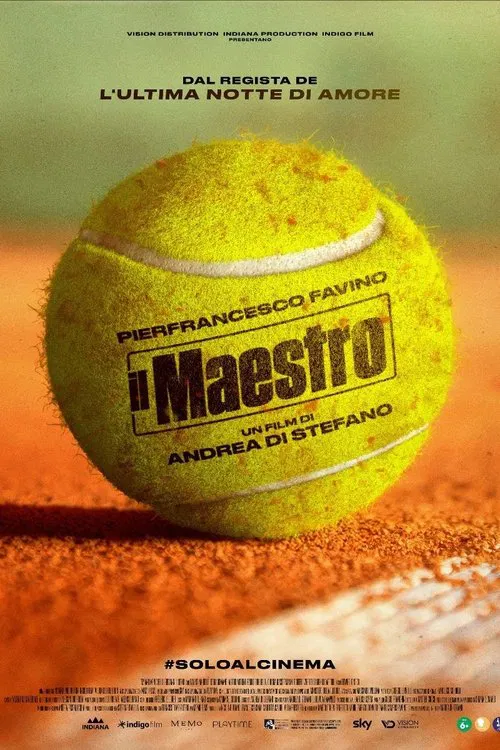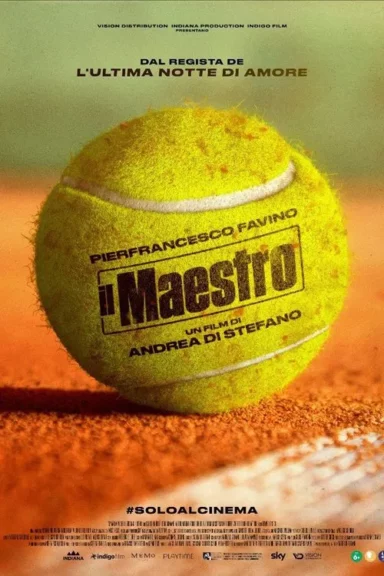
A film by Andrea Di Stefano
With: Pierfrancesco Favino, Tiziano Menichelli, Giovanni Ludeno, Dora Romano, Paolo Briguglia, Valentina Bellè, Edwige Fenech
My tennis Maestro is set in the late 80s, and tells the story of a former tennis player with mediocre career, who finds himself for the first time to coach a shy boy who carries on his shoulders all the weight of his father’s expectations. From tournament to tournament, the student and teacher learn that on the field, as in life, you can not hide and must play without fear, to the last ball.
Our rate: **
An Italian comedy that seeks nothing more than to entertain, and does so rather well. Pierfrancesco Favino finds a role that allows him to assert his Italianness, the tennis coach, a former tennis player of a good standard, but a bon vivant and exhibiting many of the attributes of the Italian macho party animal, whom he embodies, reflects a part of Italy (rather southern Italy) and here, the view taken of this colorful character, as detestable as he is moving, exudes nostalgia. The relationship that develops between the young, not particularly talented tennis player, whom his scientist father dreams will be the new Ivan Lendl, and this damaged man, who has burned himself out and continues to sink, but still has a spark, and who models himself on Guillermo Vilas, with his flamboyant lifestyle, who liked to party to take the pressure off during finals. The contrast in styles, a recurring theme in many comedies (notably all the Weber films in France), the tender gaze and the film’s structure based on the romantic comedy model work rather well, maintaining a good pace, never falling into vulgarity, pitting the Italians against each other (the austere versus the party animals), and the precision of the script (the film begins with a statement reminding viewers that the film is a work of fiction and that any resemblance to real people is purely coincidental, with the director adding the phrase “isn’t that right, Dad?”, which speaks volumes about the highly autobiographical nature of this story, which accurately depicts tennis and learning to play the game—a relatively uncommon theme that is often mishandled on screen.

